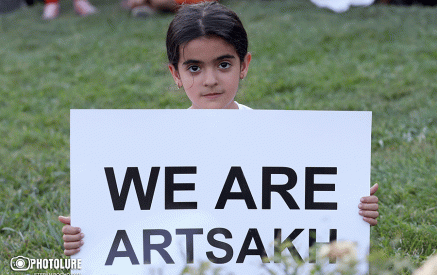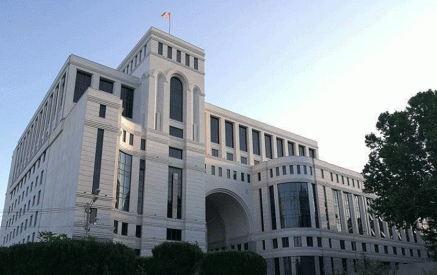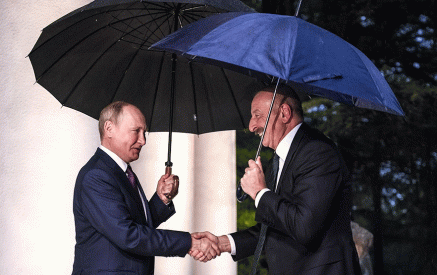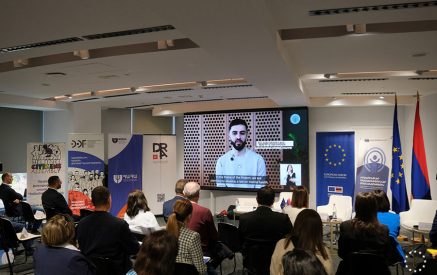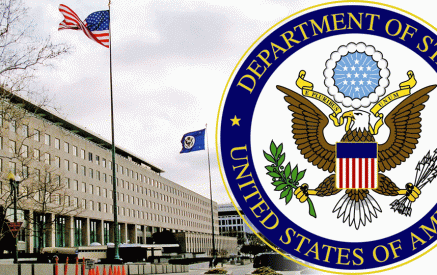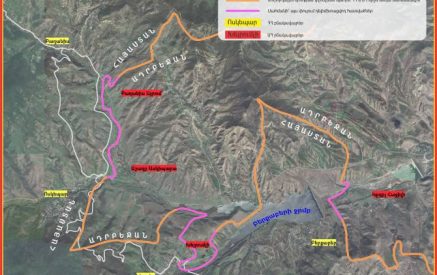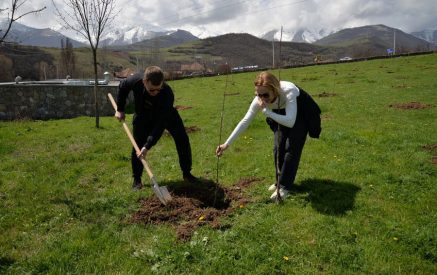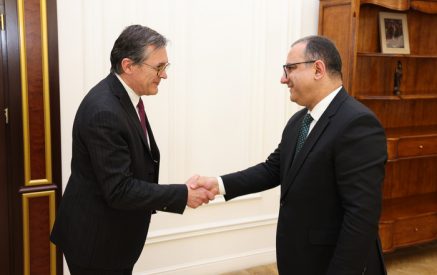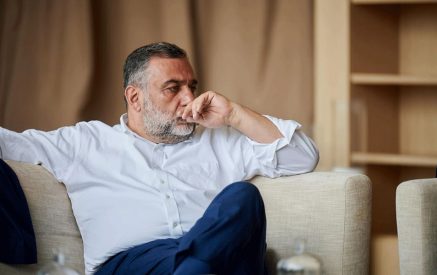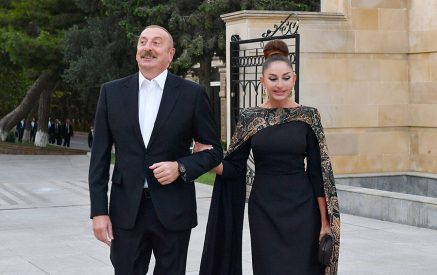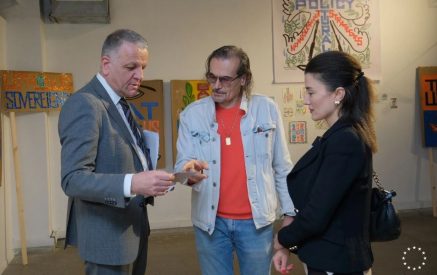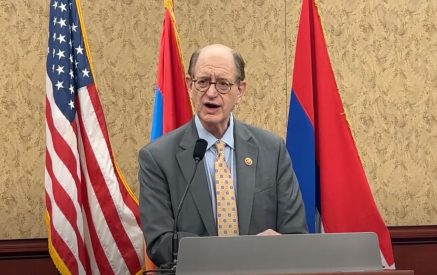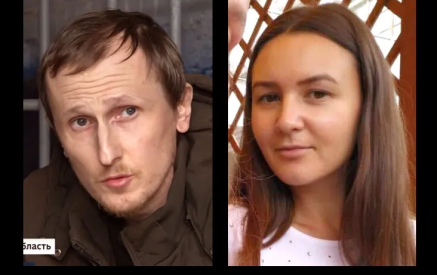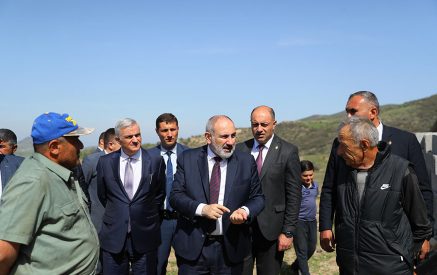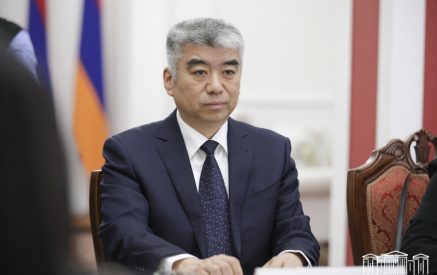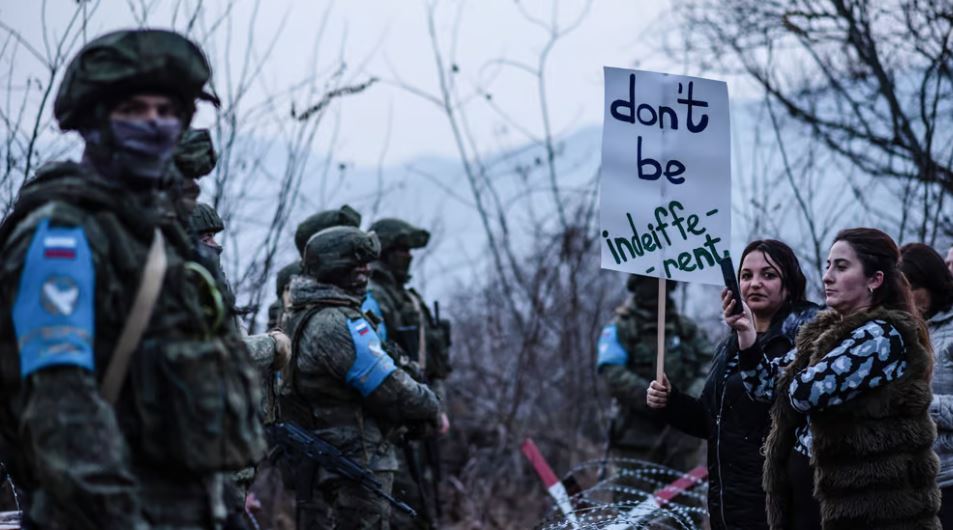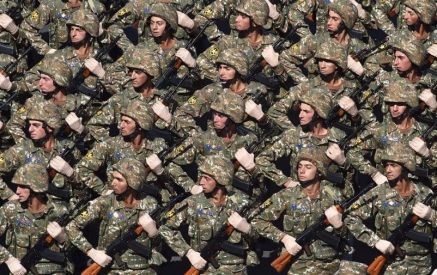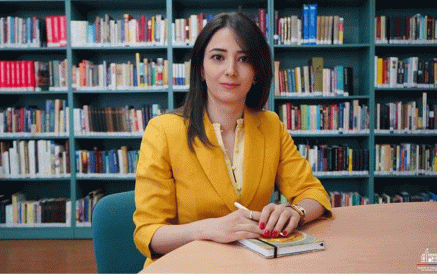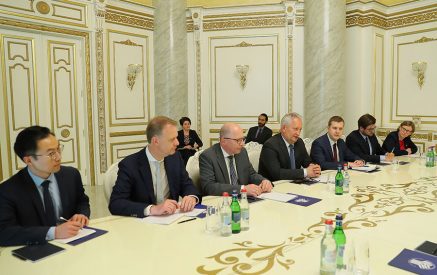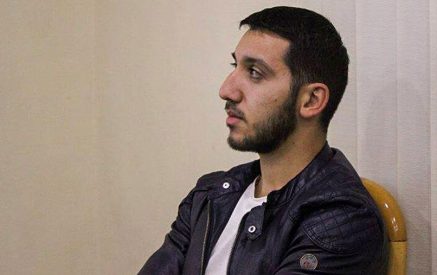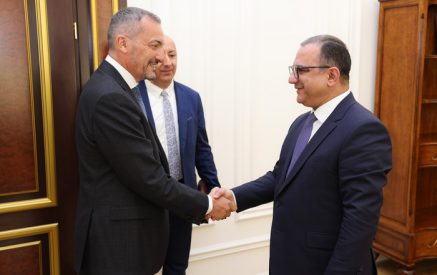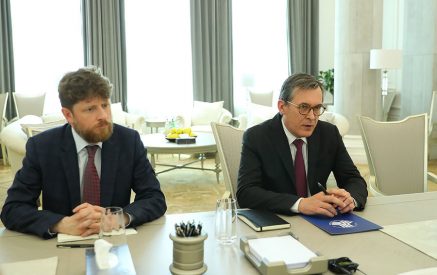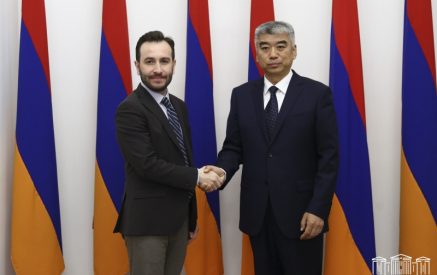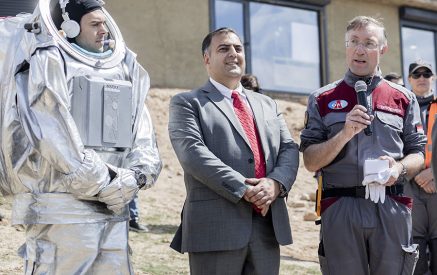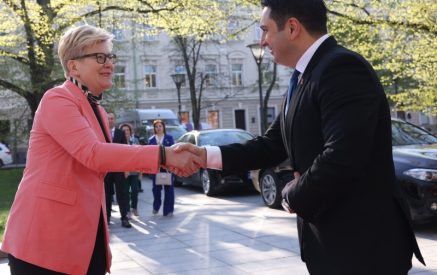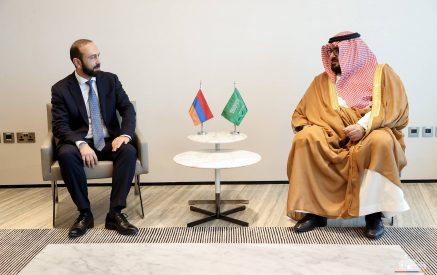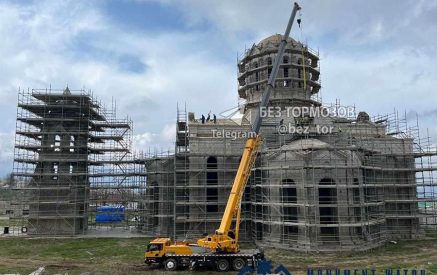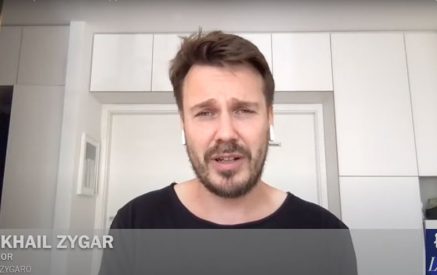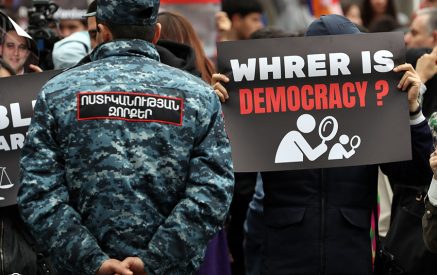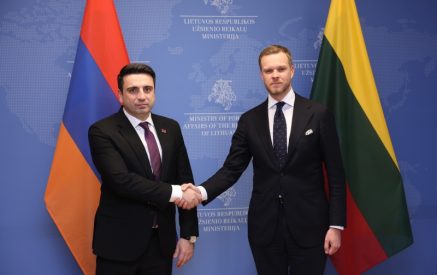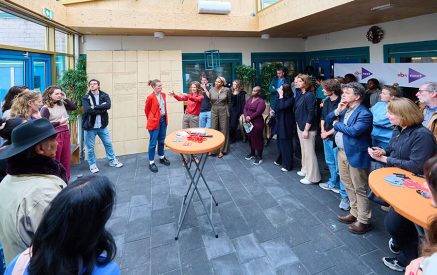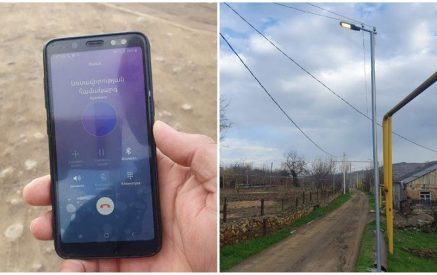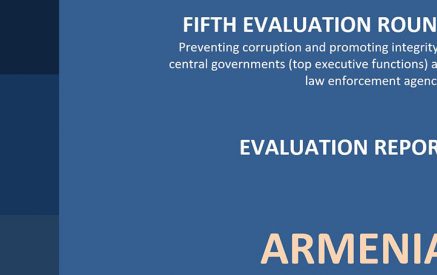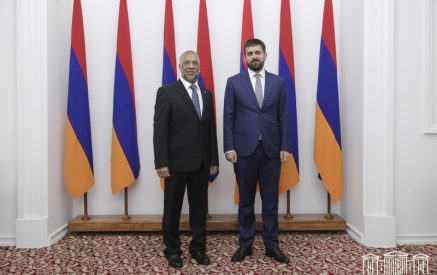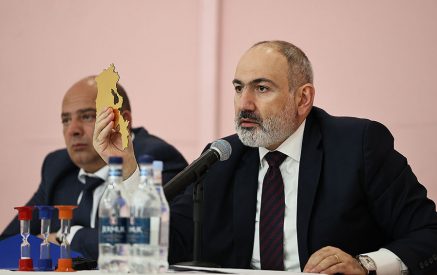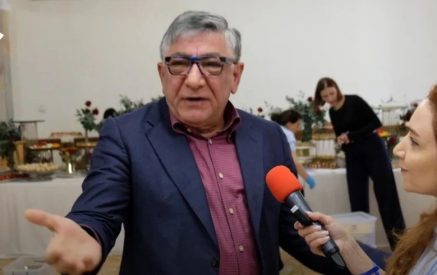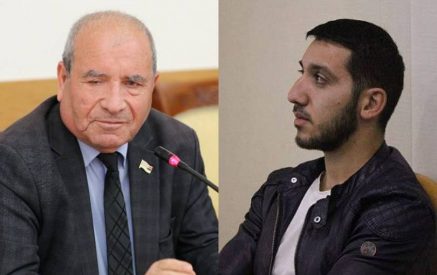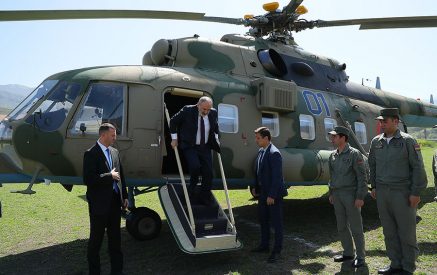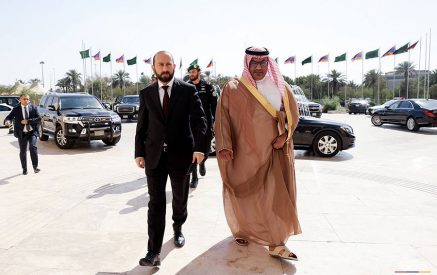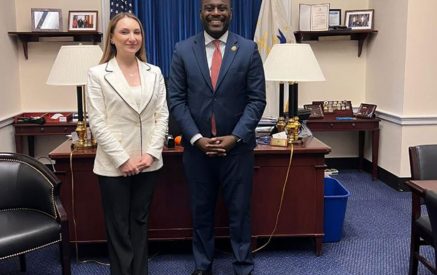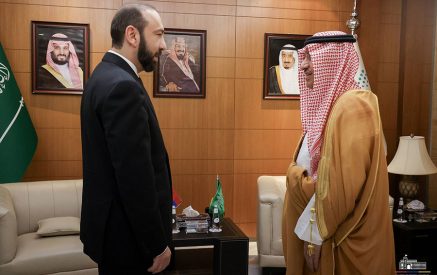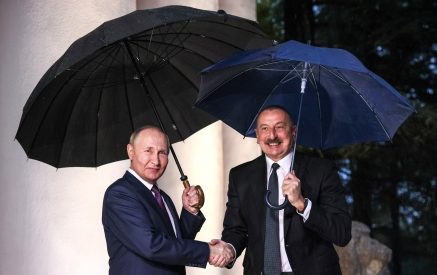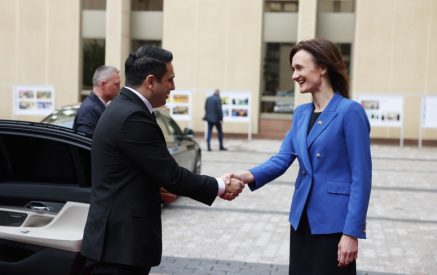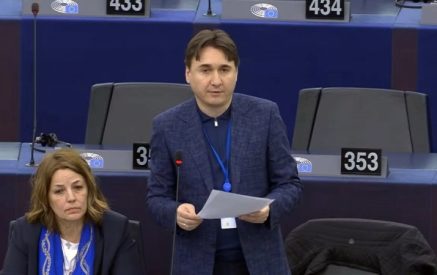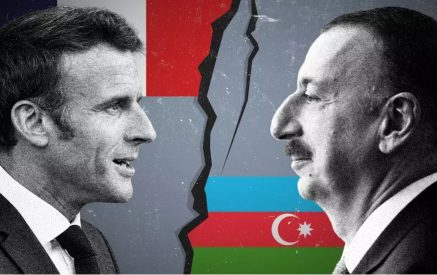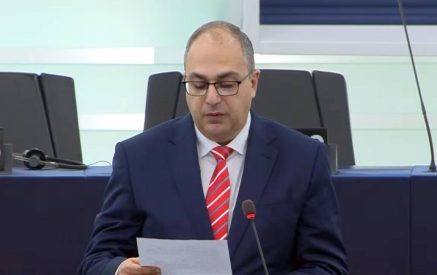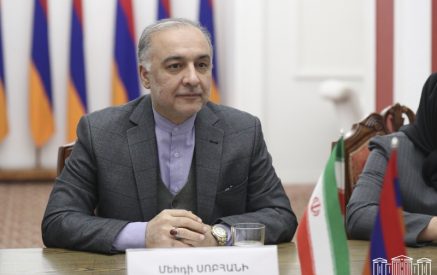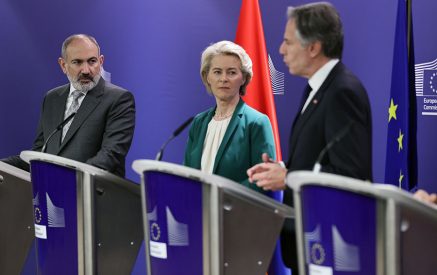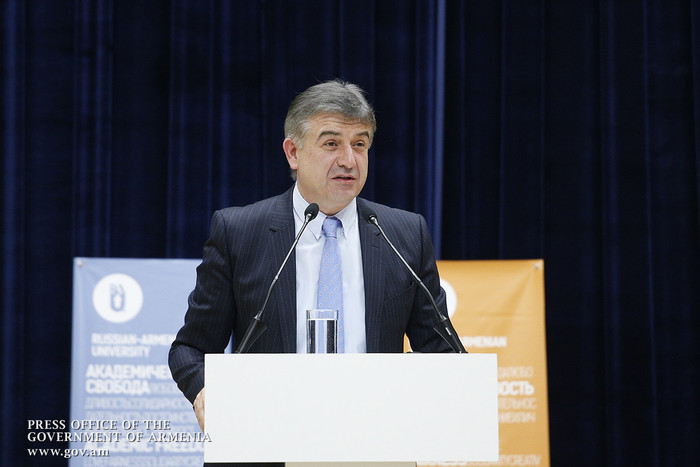Prime Minister Karen Karapetyan attended today the opening session of a workshop, entitled Small Transition Economies: Local Responses to Global Challenges, co-hosted by the Armenian-Russian University (ARU) and Tel Aviv’s Boris Mints Institute.
The Prime Minister said to be convinced that such discussions, which imply exchange of ideas and experience, result in solutions beneficial both for the academic world and for governments in the process of formulating and implementing reforms. As the Head of Government noted, we are living in an exciting period where the classical theories and approaches sometimes fail to solve the existing problems and their adaptation does not always give the predicted results.
“Just as you go to practice in a large company or in a government, you often face the reality and the real environment where there are such factors as may escape the virtual models suggested by theory. There is a wide range of factors, such as geopolitical position, political situation, level of public confidence, indoctrination or isolation of the economy, etc. This is exacerbated by another challenge: we live in a time when technology penetrates almost all areas of life, which we usually call the fourth industrial revolution.
Today, we are talking about platform economies, the Internet of Things, artificial intelligence, as well as cloud technologies and big datasets. Today we are talking about artificial intelligence-operated vertical gardens, three-dimensional printing in the field of healthcare and big data-driven innovative solutions.
Thanks to great data and artificial intelligence, the GOOGLE platform allows us to learn faster about the spread of some diseases than the classic technology does. Today there is an orchestra with all its instruments made through three-dimensional printers,” the Premier said, emphasizing that the above phenomena may also pose a challenge for the educational system.
“In the fifties classical education was deemed to be the best type of higher education, where emphasis was placed on the thorough study of different theories. By the end of the eighties, education was subjected to transformation, with more emphasis placed on advanced training in specific disciplines. Now we find ourselves in another reality, with interdisciplinary education coming to the forefront – journalism and digital technologies, law and business, biology, information technology and so on.
Today, knowledge is provided not only through classical theories, but also through case studies. Today, we are shifting from the fundamental research toward research and development, which can be commercialized. This brings us to a reality where any solution should be highly flexible and innovative. We must constantly think of turning our shortcomings or gaps into assets. We must realize that the restrictions we face will prompt us to be smarter and find innovative solutions.
In view of the above and taking into account today’s realities, we have developed the program of our government. Now we are developing Armenia’s development strategy, the digital agenda of Armenia, as well as other policies. Based on these very circumstances and realities, we will build an independent, equitable, safe and intelligent Armenia.
We think that with its relatively small economy, Armenia might become the best platform for investors to enter the EAEU market, since while being a member of that club, we establishing a free economic zone on the border with the neighboring Iran and enjoy a GSP+ trade regime with the European Union.
Moreover, after signing the framework agreement with the European Union in November, Armenia will be the only country in the world to have a trade regime with both the European Union and the Eurasian Economic Union. I think this can be an exciting advantage for us to attract investors.
We believe that the potential inherent in our relations with the Diaspora and the Diaspora’s participation in Homeland’s public life have not yet been used in full. We want Armenia to become a platform for Diaspora-based Armenians to create and invest. We will focus on the digitization of our governance system and economy, which will help us make the State machinery and the economy more efficient, competitive and transparent.
As a matter of fact, our advantage comes from the fact that we are a small nation, which gives us the opportunity to respond quickly to changes and be productive by change rapidly,” the Prime Minister said in his speech.
Prime Minister Karapetyan noticed that the forum is seen as a convenient platform for discussing the aforementioned issues, and went on to advise that the Government intends to regularly host economic and investment forums in Armenia starting next year to discuss the country’s problems and prospects.
“I would like to once again greet the forum participants, welcome the guests and our young colleagues. We live in an extremely exciting period: you have fantastic opportunities. Changing the world and the country is an exciting challenge today. Always think that you are living in the most promising country,’the Head of Government concluded.
For significant contribution to education, science and pedagogy, as well as on the 20th anniversary of establishment of the Armenian-Russian University (ARU), Karen Karapetyan handed Prime Minister’s commemorative medals to Head of Management, Business and Tourism Chair, Doctor of Economics, Professor Arzik Suvaryan, Head of General Physics and Quantum Nanotechnology Chair, Doctor of Physics and Mathematical Sciences, Professor Hayk Sargsyan and Head of ARU Rector’s Staff Emma Yeghiazaryan.

